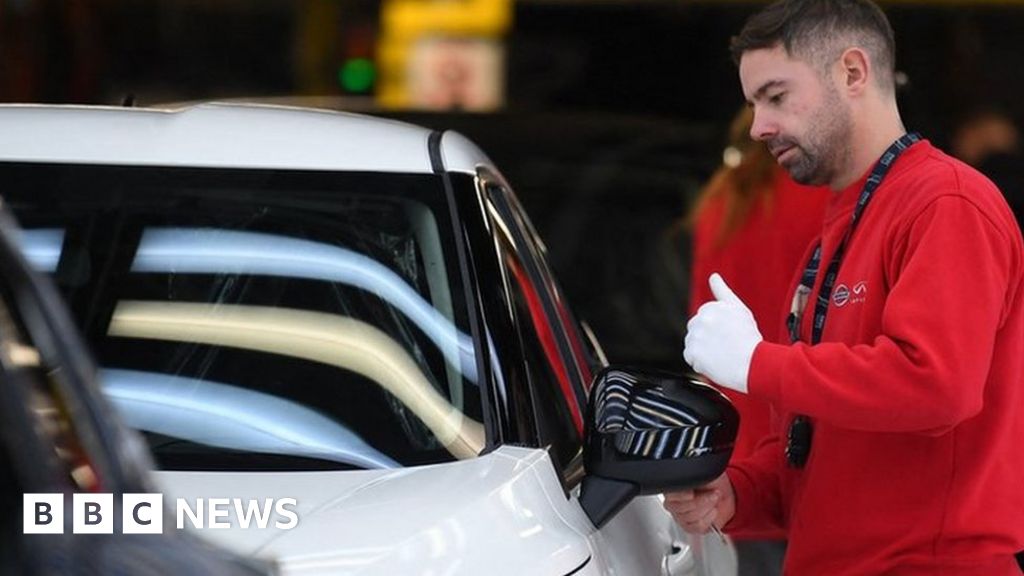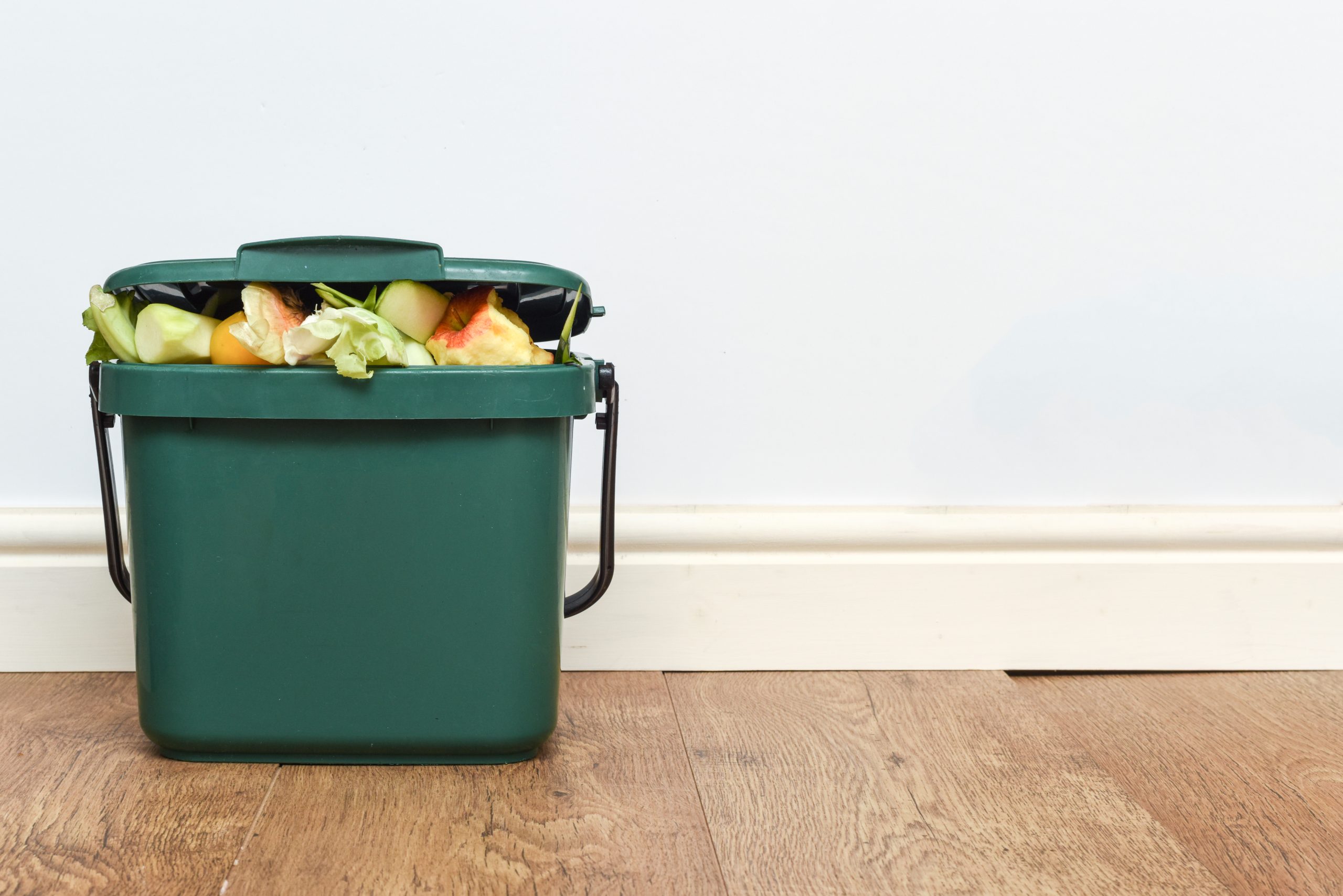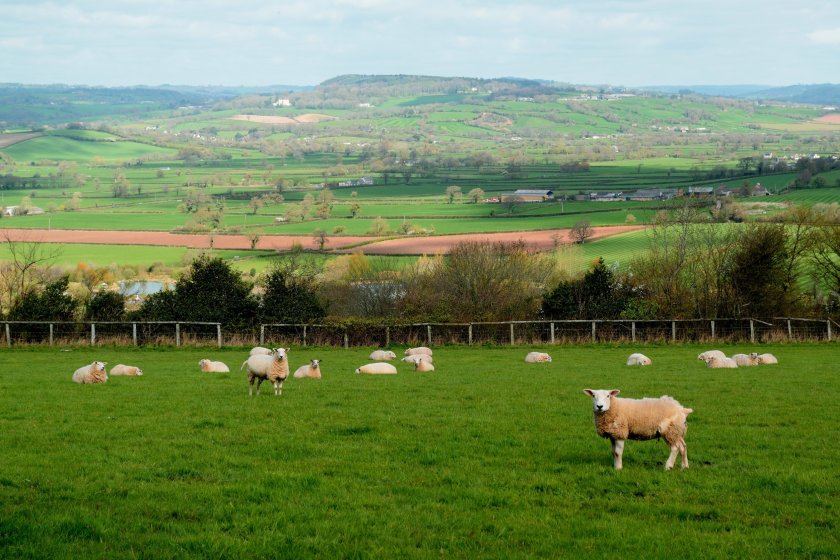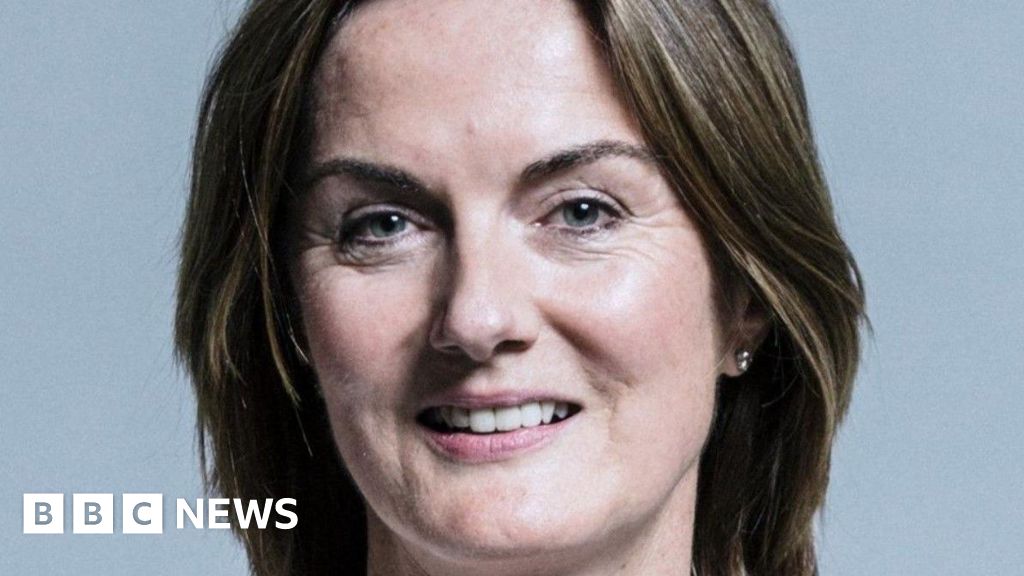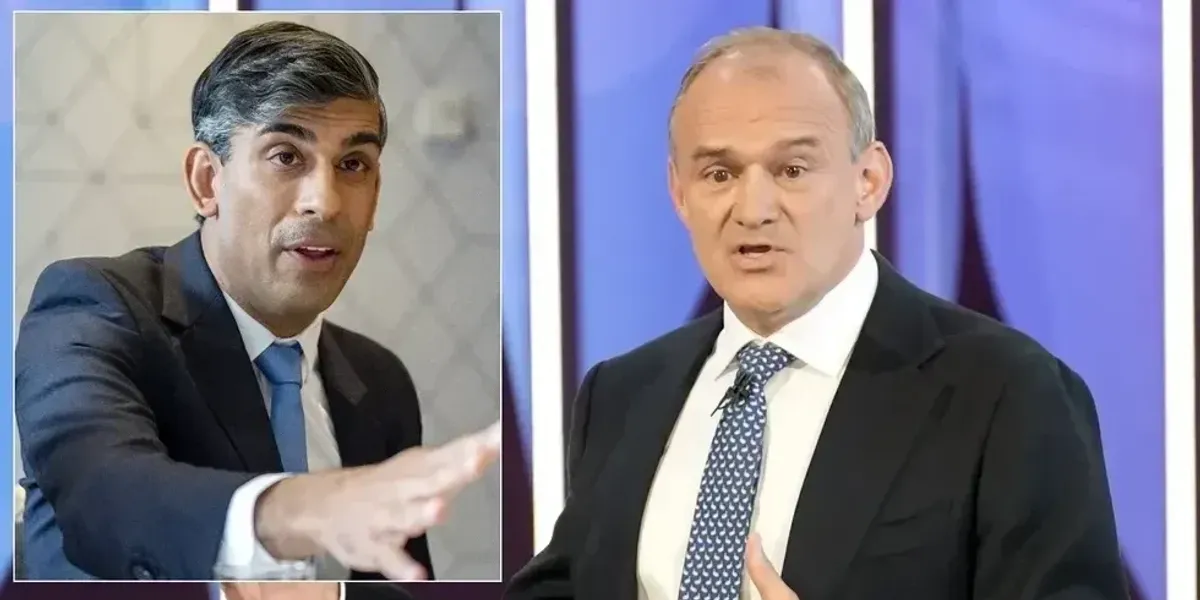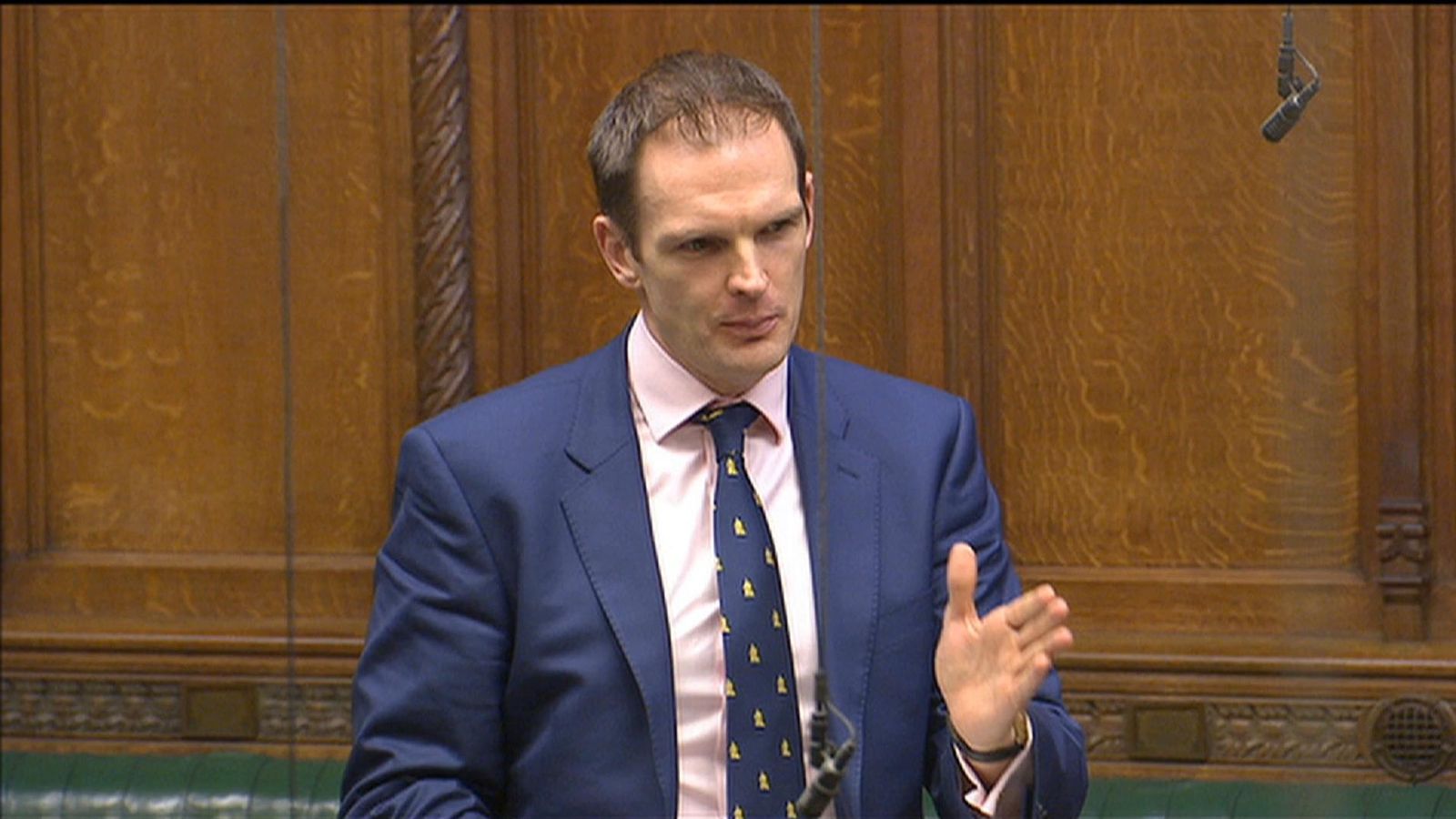Liz Truss will become the UK’s next prime minister with the economy on the brink of recession, according to figures that show private sector activity fell last month as businesses struggled with soaring costs.
The latest snapshot from S&P Global and the Chartered Institute of Procurement and Supply (Cips) revealed a “severe and accelerated” decline in manufacturing output in August, alongside weaker activity in the UK’s dominant service sector.
The monthly business survey, which is closely watched by the government and the Bank of England for early warning signs from the economy, found growing worries over soaring inflation and a marked reduction in confidence among firms.
Cost pressures remained extremely elevated, linked to rising prices for energy and fuel as Russia’s war in Ukraine further drives up costs on the wholesale market. Unlike households, businesses do not benefit from an energy price cap.
“The incoming prime minister will be dealing with an economy that is facing a heightened risk of recession,” said Chris Williamson, the chief business economist at S&P Global Market Intelligence, with the British economy facing a “deteriorating labor market and persistent elevated price pressures linked to the soaring cost of energy”.
The monthly purchasing managers’ index from S&P/Cips fell to 49.6 in August, down from 52.1 in July. Any reading above 50 suggests growth in private sector activity.
‘Deliver, deliver, deliver’: Truss vows change and thanks Johnson in acceptance speech – video
The figures come as some economists suggested Britain’s economy slipped into recession this summer as households tightened their belts amid the cost of living crisis. The Bank of England has forecast inflation will peak above 13%, the highest level since the early 1980s, and projects a lengthy recession starting in the final quarter of the year.
Economists at Goldman Sachs said last week that inflation could peak above 22%, close to matching the postwar record set in 1975, if current high wholesale energy prices are sustained into the new year.
In her acceptance speech after beating Rishi Sunak in the Conservative leadership race, Truss pledged to “deliver a bold plan to cut taxes and grow the economy”, and also “deal with people’s energy bills” ahead of a tough winter for households and businesses.
Sign up to BusinessToday
Get set for the working day – we’ll point you to all the business news and analysis you need every morning
Privacy Notice: Newsletters may contain info about charities, online ads, and content funded by outside parties. For more information see our Privacy Policy. We use Google reCaptcha to protect our website and the Google Privacy Policy and Terms of Service apply.
Economists said challenges including sky-high inflation, Brexit and severe staff shortages were weighing on growth. With households facing the biggest hit to their living standards since the 1950s, the S&P and Cips snapshot reflected collapsing demand for consumer-facing services such as restaurants, hotels, travel and recreational activities.
John Glen, the chief economist at the Cips, said: “Port disruption, Brexit paperwork and shortages all continue to play a role in driving inflation, the sector is relatively powerless in the face of ever-increasing energy bills.
“Services businesses will have their eyes firmly on the new prime minister this week as they hope for a policy driven solution to rocketing costs.”





